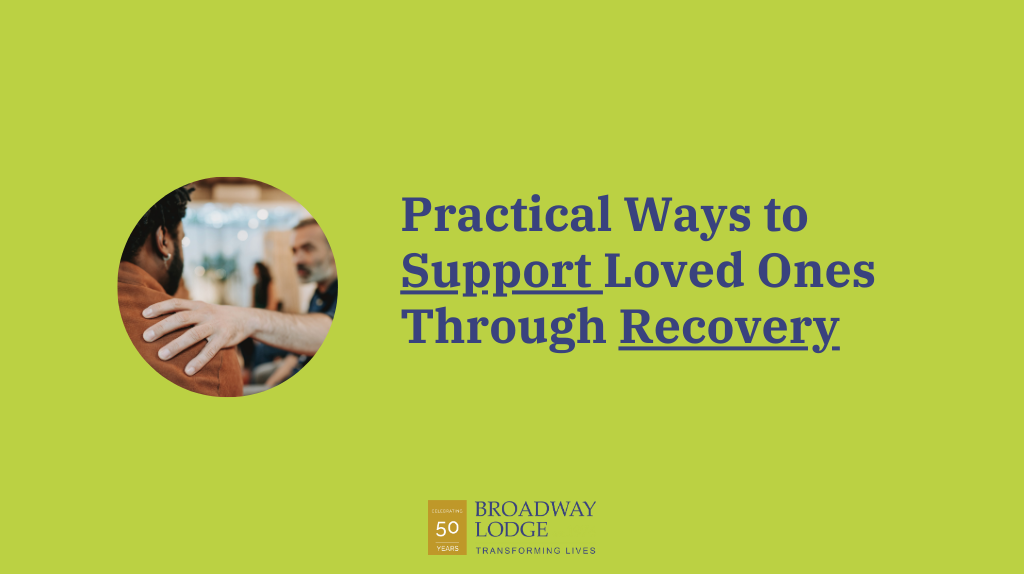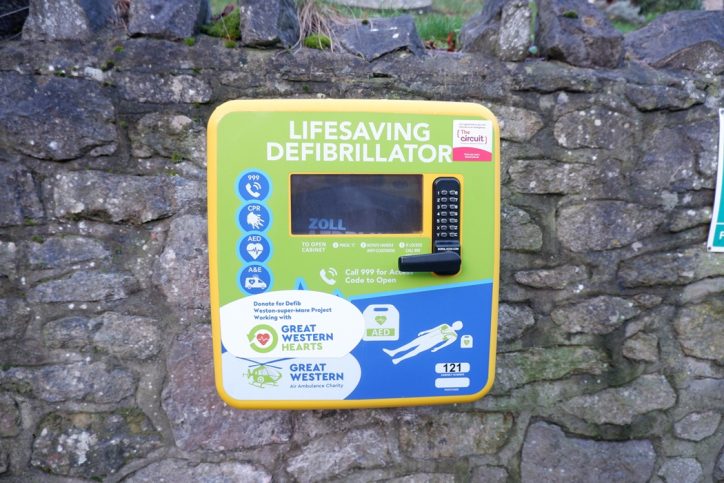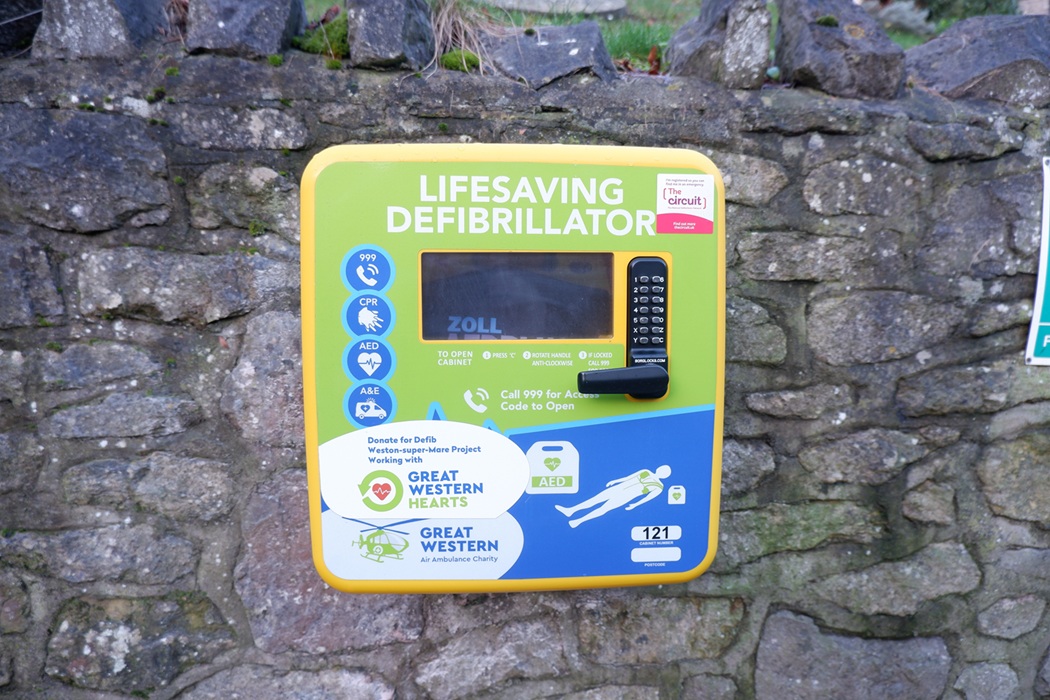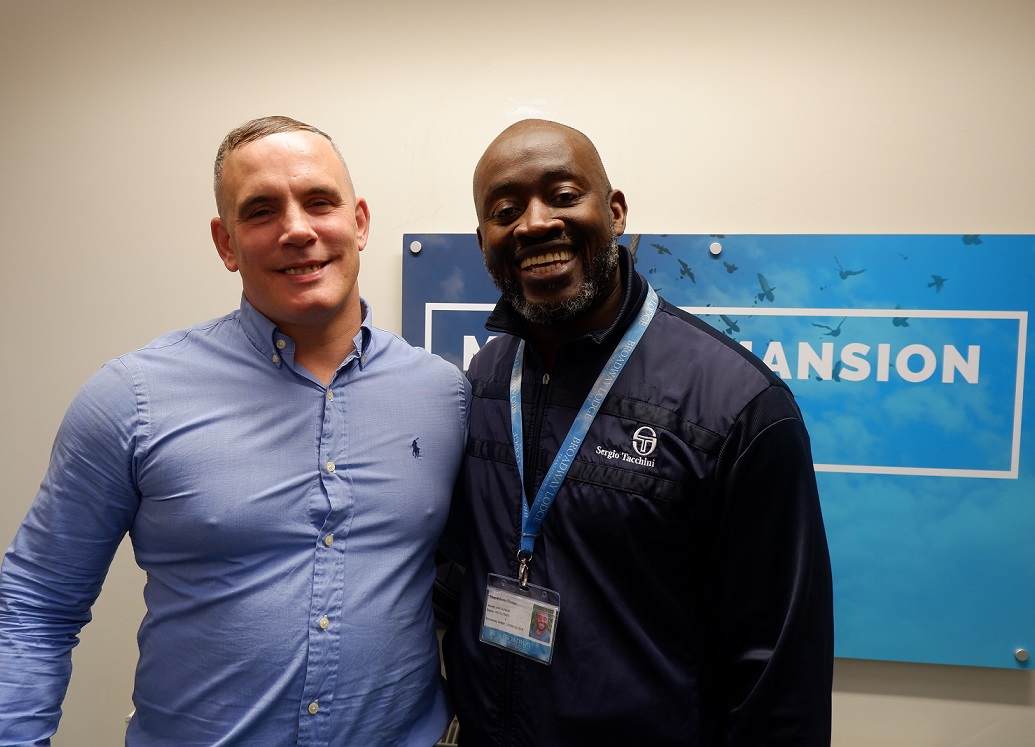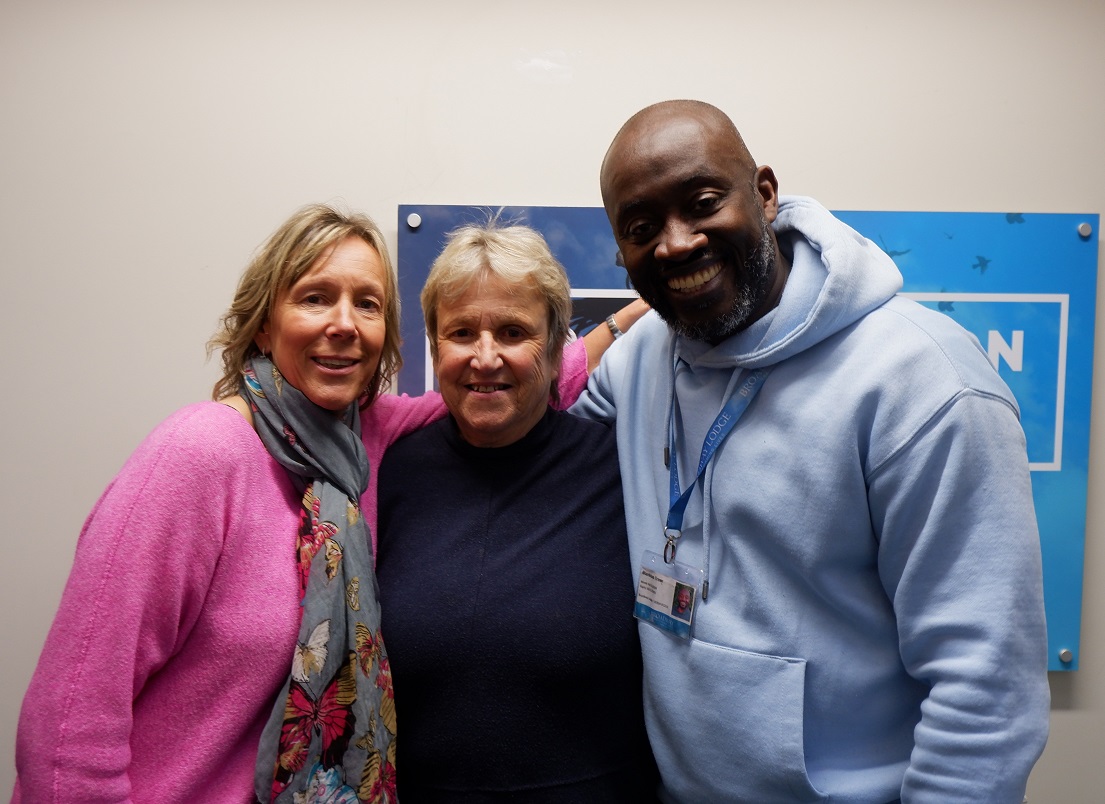Listen without judgement and educate yourself on the complexities of addiction.
Set healthy boundaries and help create a stable, substance-free environment.
Watching a loved one struggle with addiction can be a deeply painful and challenging experience. But when they make the courageous decision to seek help and begin their recovery journey, your support can be one of the most powerful tools they have.
However, knowing how to help can be confusing. You might feel a mix of hope, fear, and uncertainty. What should you say? What shouldn’t you say? How can you make a real difference?
At Broadway Lodge, we have supported thousands of individuals and their families through the process of recovery. We understand that the path is not always straightforward, but with compassion, patience and the right approach, you too can provide a stable and loving foundation for your loved one’s healing. This guide offers ten practical ways to support them as they navigate life after treatment.
1. Listen Without Judgment
One of the most vital things you can offer is a safe space to be heard. Your loved one may need to talk about their feelings, their fears about relapse, or the challenges they face in their daily life. The key is to listen actively and without judgment.
This means putting aside any preconceived notions or past resentments. Avoid offering unsolicited advice or saying things like, “You should just…” or “Why didn’t you…?” Instead, focus on validating their feelings. Simple phrases like, “That sounds really difficult,” or “I’m here for you,” can make a world of difference. Your role is not to “fix” them but to be a compassionate sounding board.
2. Educate Yourself About Addiction
Addiction is a complex disease, not a moral failing. Understanding what addiction really is can transform your perspective and help you respond with empathy instead of frustration. Take the time to learn about how addiction affects the brain, the nature of cravings and what the recovery process truly entails.
There are many resources available, from books and documentaries to support groups like Al-Anon and Families Anonymous as well as our monthly online family programme which is free and open for anyone to attend, whether a loved one is staying at Broadway Lodge or not. You can even check out our own Miracle Mansion Podcast where our Director of Therapy & Aftercare, Markkus, sits down with former clients who have transformed their wellbeing and life after treatment for addiction at Broadway Lodge.
The more you understand that your loved one is battling a chronic illness, the better equipped you will be to offer meaningful support. This knowledge will also help you recognise that lapses are not failures but a part of the recovery process for many.
3. Help Create a Stable Environment
Early recovery is a vulnerable time. A calm, stable and substance-free home environment is crucial for reinforcing new, healthy habits. If you live with the person in recovery, this means removing all alcohol, non-prescribed drugs and related paraphernalia from your home.
This isn’t about policing them; it’s about removing unnecessary temptations and showing solidarity. A predictable routine can also provide a sense of security. Simple things like regular mealtimes and a consistent sleep schedule can help reduce stress and create a foundation for a healthier lifestyle.
4. Encourage Healthy Habits and Hobbies
Recovery involves building a new life where mind altering substances are no longer the central focus. You can play an active role in helping your loved one discover or rediscover healthy interests. This could be as simple as going for walks together, trying a new exercise class, cooking healthy meals or visiting a museum. Check out our post here: “Creating Healthy Hobbies to Replace Gambling”.
The goal is to help them find joy and purpose in sober activities. Be patient, as it may take time for them to develop new passions. Offer gentle encouragement and participate with them when you can. Shared positive experiences will not only support their recovery but also help rebuild and strengthen your relationship.
5. Respect Their Privacy and Pace
While your instinct may be to check in constantly, it’s important to respect your loved one’s privacy. Recovery is their personal journey, and they need the space to take ownership of it. Attending support meetings and going to therapy are their responsibilities.
Avoid peppering them with questions about their meetings or therapy sessions. Let them share what they are comfortable sharing, when they are ready. Similarly, understand that recovery is a marathon, not a sprint. There will be good days and bad days. Celebrate the small victories and offer encouragement during the setbacks, without trying to control their progress.
6. Set and Maintain Healthy Boundaries
Support is not the same as enabling. It’s essential to establish clear and healthy boundaries to protect your own wellbeing and to support their recovery in a constructive way. Enabling behaviours can include making excuses for them, giving them money without accountability, or shielding them from the natural consequences of their actions.
Setting boundaries might mean saying “no” to requests for money or refusing to lie on their behalf. It’s about communicating your limits with love and respect. For example, you might say, “I love you and support your recovery, but I cannot give you money because I’m worried it might put you at risk.” Boundaries create a structure of mutual respect that is vital for both of you.
Check out our post: “Examples of Boundary Setting for Those Supporting Loved Ones Recovering from Addiction”.
7. Be Patient With the Process
Recovery doesn’t happen overnight. Your loved one is unlearning years of destructive behaviours and rewiring their brain. This process involves significant emotional and psychological adjustments. They may experience mood swings, irritability, or periods of low motivation.
Patience is one of the greatest gifts you can give. Understand that healing is not linear. There will be progress and there may be stumbles along the way. Remind them (and yourself) of how far they have come, and reinforce your belief in their ability to succeed long-term.
8. Celebrate Milestones (Big and Small)
Acknowledging progress is a powerful motivator. Celebrate recovery milestones, whether it’s 30 days, six months, or one year of sobriety. However, don’t forget to celebrate the smaller, everyday victories too.
Did they go to a meeting when they didn’t feel like it? Did they handle a stressful situation without resorting to old habits? Acknowledging these successes reinforces their efforts and shows them that you see and appreciate the hard work they are putting in. A simple, “I’m so proud of you,” can have a huge impact.
9. Know the Signs of Relapse, But Don’t Panic
Relapse can be a part of the recovery journey for some. It’s important to be aware of the warning signs, which can include withdrawing from support systems, romanticising past substance use or neglecting self-care.
If you notice these signs, it’s okay to express your concern from a place of love. You might say, “I’ve noticed you seem a bit distant lately, and I’m worried. How are you doing?” If a relapse does occur, it’s crucial not to view it as a complete failure. It’s a setback that can be learned from. Encourage them to be honest, reconnect with their support network, attend Fellowship meetings at least daily, and get back on track immediately.
10. Prioritise Your Own Self-Care
Supporting someone in recovery can be emotionally and mentally draining. It is not selfish to take care of yourself; it is essential. If you become burnt out, you won’t be able to offer effective support to anyone.
Make sure you are eating well, getting enough sleep, and making time for your own hobbies and social life. Consider seeking your own support, whether through therapy or a group like Al-Anon. Taking care of your own needs allows you to be a more grounded, resilient and compassionate support for your loved one. Check out our post: “The Importance of Self-Care for Those Supporting Addicts”.
A Journey of Hope
Supporting a loved one through recovery is a journey of hope, patience, and unconditional love. By providing a stable, non-judgmental, and encouraging presence, you can make a profound difference. Remember to be kind to yourself along the way and trust in the process.
If you or someone you love is struggling with addiction, know that compassionate help is available. At Broadway Lodge, we provide comprehensive support, a wide range of integrated treatments and a compassionate community where recovery thrives.
For more information about the addiction treatment we provide at Broadway Lodge, download our brochure or get in touch. We’re here for you, every step of the way.

